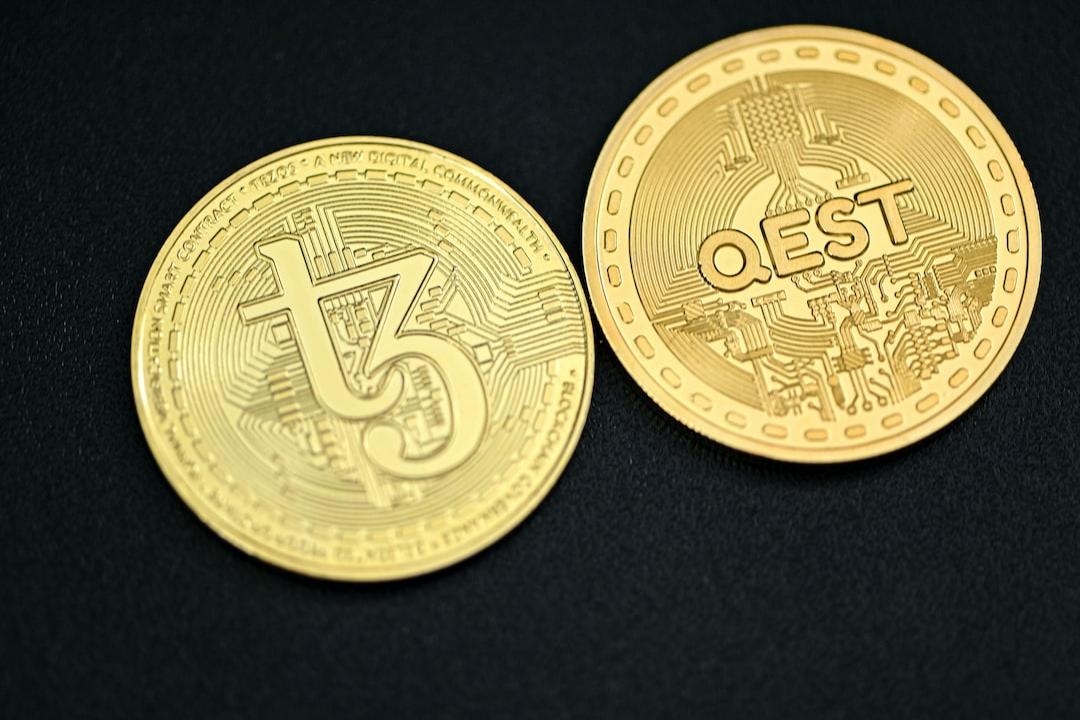Kalshi has confirmed that it will now accept deposits in USD Coin (USDC), a popular stablecoin, as it seeks to attract users ahead of the United States’ upcoming November elections. According to a report by Fortune magazine, cryptocurrency deposits will be available soon, with offramping being managed by ZeroHash, a crypto payments platform. The competition among political betting platforms is intensifying, with Web3 platform Polymarket currently leading the way and rivals like Kalshi working hard to catch up.
Kalshi made headlines on October 7 when it listed event contracts for betting on US election outcomes following a landmark court battle in September. This marked the first time that an election prediction market was allowed to operate in the US, opening the door for other platforms like Polymarket to enter the fray. On October 28, Robinhood, a cryptocurrency and stock trading platform, announced that it had introduced contracts for certain users to bet on the outcome of the presidential election between Vice President Kamala Harris and Republican candidate Donald Trump.
According to Polymarket’s website, around $2.6 billion is riding on the outcome of the November presidential election as of October 23. Similarly, Kalshi’s flagship market, “Who will win the Presidential election?”, has seen a total betting volume of nearly $87 million since it was listed on October 7, according to Kalshi’s own website. While US regulators have expressed concerns about the integrity of election prediction markets like Kalshi, industry analysts argue that they often provide a more accurate reflection of public sentiment compared to traditional polls.
Both Polymarket and Kalshi currently favor former President Trump to win the presidency by a significant margin. As of October 28, the platforms peg Trump’s odds at 62% and 66%, respectively. In contrast, Vice President Harris has been relatively quiet on the industry. As investors brace for the election, Bitcoin’s performance is creating a “very bullish setup” for the digital asset, according to Matthew Sigel, VanEck’s head of digital assets research, who spoke to CNBC on October 28.

